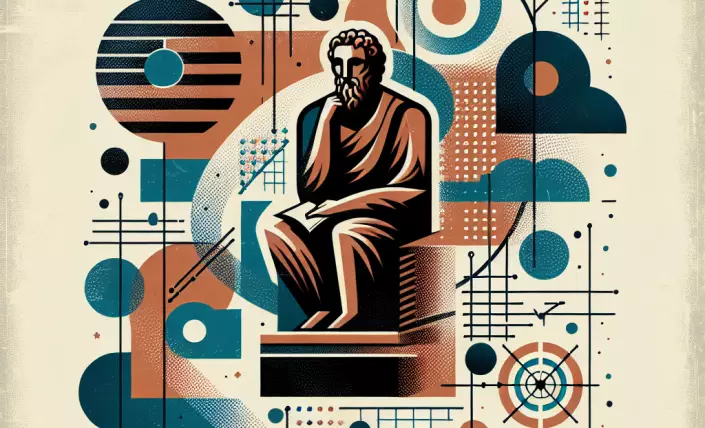In the realm of philosophy and economics, Adam Smith is often celebrated for his insights into the mechanics of markets and moral philosophy. His concept of the 'invisible hand' is predominantly associated with economic self-regulation, but it also offers profound philosophical implications for understanding human behavior beyond the confines of commerce. This idea can be expanded to reflect on how our daily decisions are influenced by unseen forces, a topic that remains as relevant today as it was in Smith's era.
Smith's notion of the invisible hand suggests that individuals' pursuit of their own interests inadvertently benefits society, a principle rooted in the natural order of things. This self-regulating mechanism implies that personal motives, even when seemingly selfish, contribute to the greater good. In the context of our daily lives, this raises a compelling question: How much of what we do is truly autonomous, and how much is guided by societal expectations and norms that we unconsciously adhere to? Our choices, from mundane purchases to significant life decisions, are often swayed by cultural narratives and social pressures that we might not fully recognize. This realization invites us to critically evaluate the extent to which our lives are orchestrated by invisible societal forces, and whether we are passive players in a grander scheme or active agents capable of shaping our destinies.
Furthermore, Smith’s insights encourage us to reflect on the ethical dimensions of our actions. The invisible hand operates under the assumption that individuals act rationally in pursuit of self-interest. But what if our understanding of self-interest is flawed or shortsighted? In a world increasingly driven by instantaneous gratification and consumerism, the challenge lies in discerning genuine needs from manufactured desires. By applying Smith’s philosophy to our contemporary context, we are prompted to reconsider the moral implications of our choices. Are we contributing positively to society, or are we perpetuating cycles of consumption that benefit a select few at the expense of many? This introspection is crucial in an age where global connectivity and economic disparity are more pronounced than ever. Smith’s ideas, therefore, not only provide a framework for understanding economic phenomena but also serve as a mirror reflecting the ethical and social underpinnings of our personal lives.










